Alan Bush, Modern Music, and the Cold War: The Cultural Left in Britain and the Communist Bloc
The first major study of Alan Bush, this book provides new perspectives on twentieth-century music and communism. British communist, composer of politicised works, and friend of Soviet musicians, Bush proved to be 'a lightning rod' in the national musical culture. His radical vision for British music prompted serious reflections on aesthetics and the rights of artists to private political opinions, as well as influencing the development of state-sponsored music making in East Germany. Rejecting previous characterisations of Bush as political and musical Other, Joanna Bullivant traces his aesthetic project from its origins in the 1920s to its collapse in the 1970s, incorporating discussion of modernism, political song, music theory, opera, and Bush's response to the Soviet music crisis of 1948. Drawing on a wealth of archival sources, including recently released documents from MI5, this book constructs new perspectives on the 'cultural Cold War' through the lens of the individual artist.
{{comment.content}}
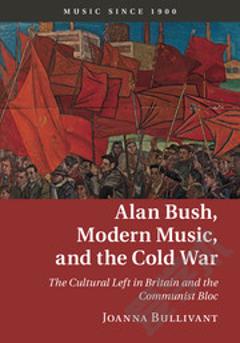
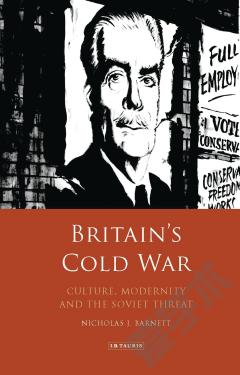

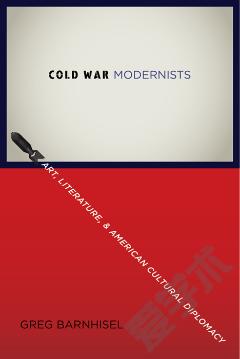
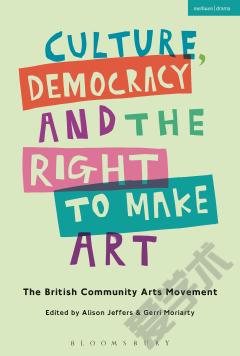
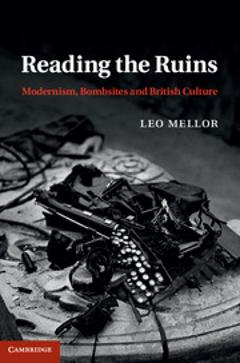


 京公网安备 11010802027623号
京公网安备 11010802027623号